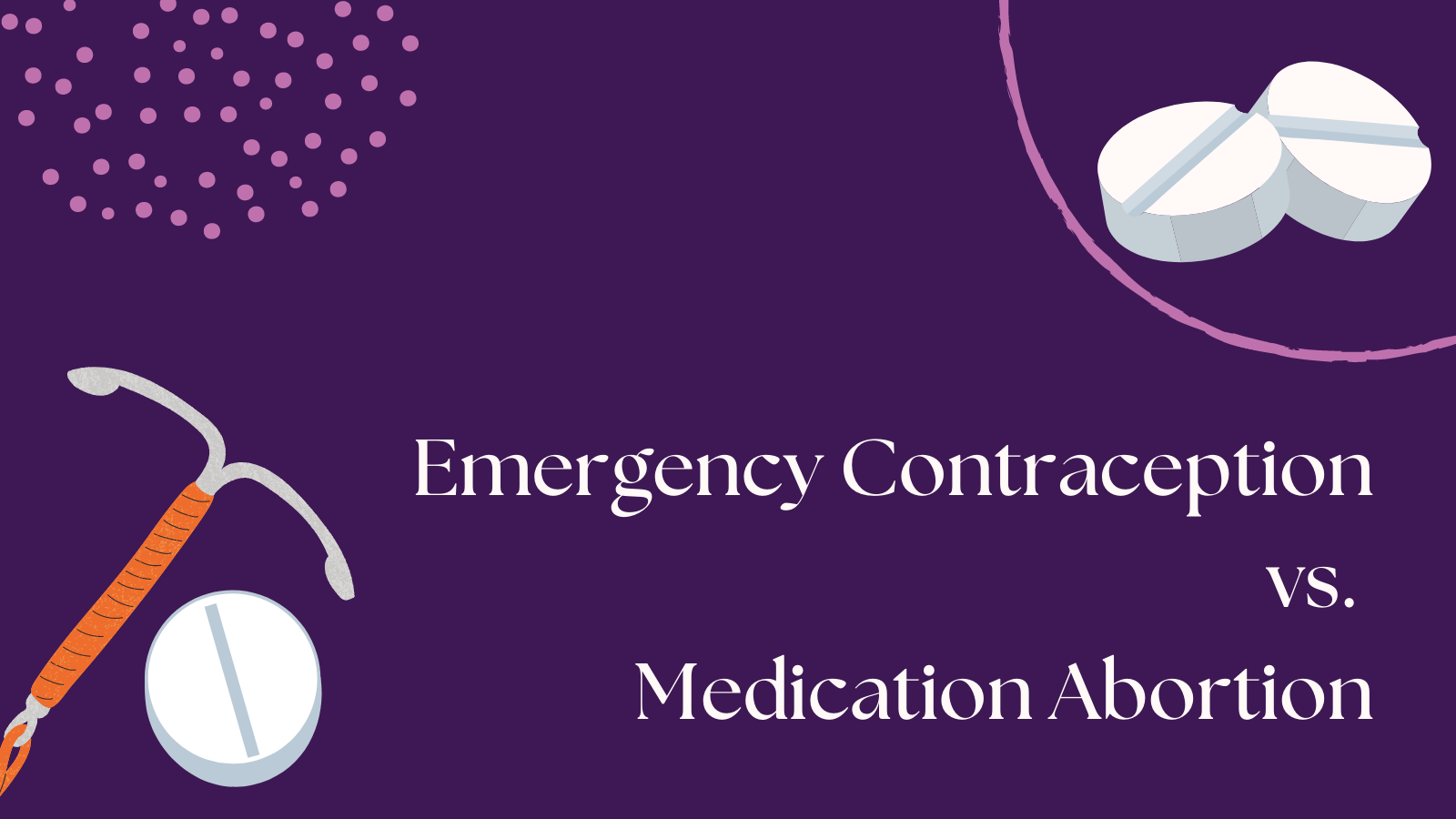
Yesterday, an article written by Andrea Grimes of RH Reality Check investigated the lack of abortion access in the Rio Grande Valley, featuring our clinic in McAllen that had to stop performing abortion procedures after the implementation of House Bill 2.
“The stillness belies the many duties recently taken on by the skeleton crew of clinic workers left to manage the phone line and pre-operative counseling, seeing patients who are now facing a 300-mile round-trip drive to Corpus Christi, or a 500-mile round-trip drive to San Antonio, to the nearest safe, legal abortion providers.
‘Now I can actually hear my echoing footsteps,’ said Lucy, one of two remaining full-time clinic workers who are keeping up with day-to-day operations at Whole Woman’s McAllen in the wake of the enforcement of HB 2, Texas’ restrictive new anti-abortion law. It is late November 2013, and the doctor who performs abortions at the clinic hasn’t been able to secure admitting privileges at a local hospital, ending the abortion care that the clinic provided for the past nine years under Whole Woman’s Health name, and for 30 years before that under a prior owner.”
The article is very well-researched and informative, serving as a somber reminder that this is the reality that a post-House Bill 2 Texas is living in. Come September, the last and most damaging provision that requires all abortion clinics to be equipped to the standards of ambulatory surgical centers will go into effect, closing most of the clinics in the state and leaving rural residents at risk. Being one of the most low-income communities in the nation, the Rio Grande Valley is a primary example of where we’re headed.
When concerns for the women of the Rio Grande Valley were brought up to Judge Edith Jones during the Planned Parenthood v Abbott trial in the 5th Circuit District Court, she suggested that Texas’ flat landscape and high speed limits were enough to fix the problem. This attitude – the kind where one assumes that people living in a very low income area have the money to afford a car, gas, childcare, and time off work to drive a 300 mile roundtrip for an appointment – is not one that a public official should have when they’re deciding the fate of very influential laws that affect a lot of people.
While we wait for the 5th Circuit’s decision on House Bill 2 and our next step in fighting the law, this is the inevitable.




